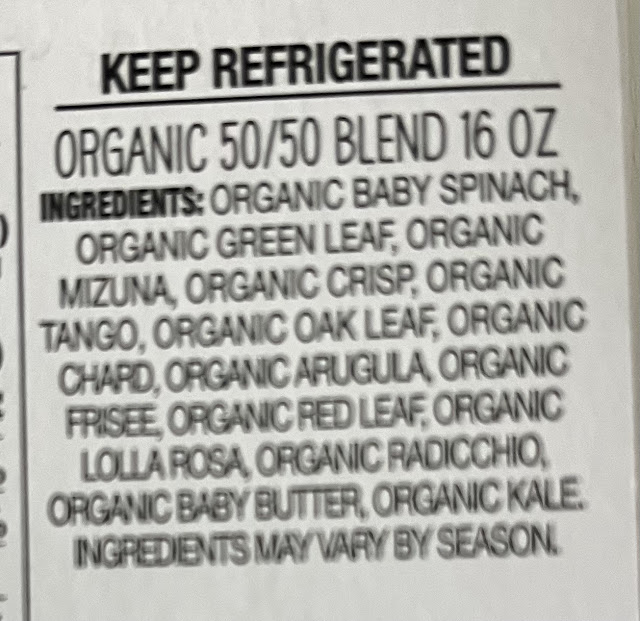This cold pasta salad is such a burst of flavors that it will leave you craving for more! It's perfect for potlucks, dinners, birthdays - you name it. My daughter has been demanding this for her last three birthday parties and her friends love it! (Thankyou for the recipe, Kanika!)
You can make it 4-5 hours in advance or even the night before and refrigerate. It's served cold, so it works out pretty well!
Serves : 25
Ingredients:
500 gms pasta
2 cups mayo (avocado mayo for vegans)
2 tablespoon sour cream (only 1 spoon sour cream in 1 cup mayo)
Carrot -1 medium
Apples -3
Celery - 1 or 2 sticks
Bell peppers - 2
Big cucumber - 1
You can add a pear too (without peeling)
Grapes (only organic), halved - 1 cup
Sugar - 1- 2 teaspoons
Salt, Pepper, Oregano - according to taste
Method:
1. Dice carrot, celery and cucumbers as small as possible (so that kids don't single them out and throw away.)
2. Peel the apples before cutting. You can add pears too, without peeling.
3. Halved grapes add a nice touch to the salad. I use only organic grapes and if they aren't available, I skip them.
Tips:
1. Keep the cucumber diced and ready. Add it to the salad only half an hour in advance, otherwise it will water.
2. Make extra dressing and keep it separately. If the salad looks dry before serving (which it invariably does), add the dressing just before serving. If the dressing gets over, you can add a bit of cold milk too.

